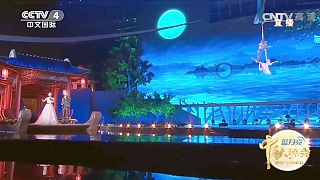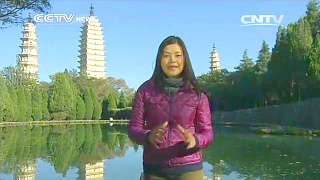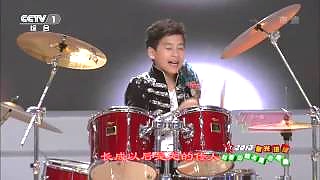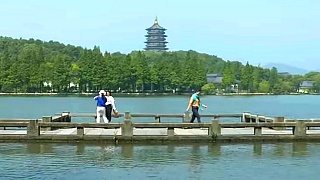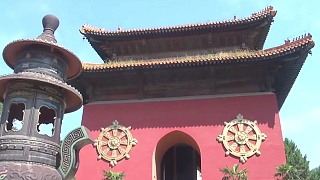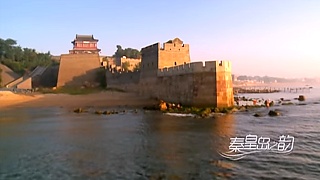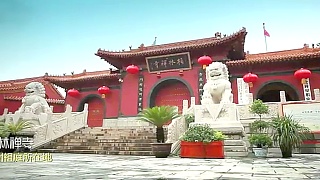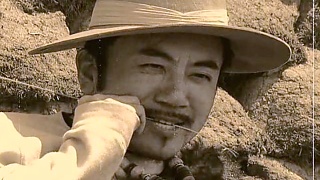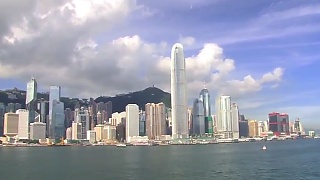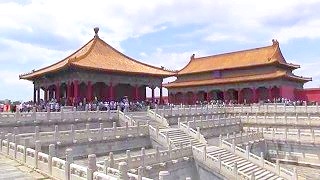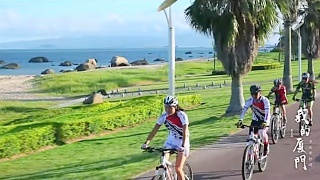Discover ChengDe in HeBei province with CCTV's Travelogue.
Beautiful ChengDe is circled by mountains, giving a cooler climate than Beijing, which can be very hot in mid-summer. About 3 to 4 hours north of Beijing, it was the late Qing emperors' summer resort.
The central park is twice as large as Beijing's Summer Palace and surrounded by a mini Great Wall. There is also a replica of the Potala Palace and numerous temples, plus lakes and wildlife.
These films include the wonderful SanHaiBa National Forest Park, also known as Mulan WeiChang.
ChengDe really is like a mini China in terms of its variety of scenery, though it still covers a large area! A recommended summer trip for 2 to 5 days.
[640],shadow=true,start=,stop=

 ChengDe 成德, imperial Summer Resort; north of BeiJing
ChengDe 成德, imperial Summer Resort; north of BeiJing